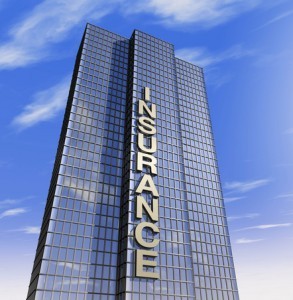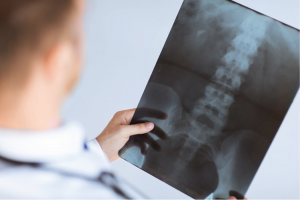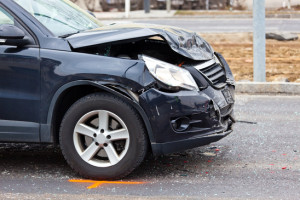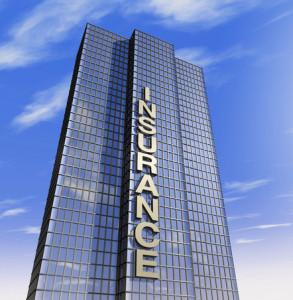
If you are in a car crash in Miami, an immediate concern is whether the other driver has any insurance at all. If they do, then the question becomes just how much insurance is there. The amount of the policy limits may well determine whether your claim gets settled.
Insurance policy limits are usually offered in single and aggregate limits. There is a single amount that any one person can claim. Then there is a total amount that the insurance company will pay for any one accident no matter how many claims are made. For example, policy limits could be listed as 10/20. This means that the insurance company could pay up to $10,000 for one person’s claim. If the car crash involved five people, then the insurance company would pay no more than $20,000 for any claim made. If all five people were injured, no one would get more than $10,000 and the insurance company would pay no more than $20,000 total for the car crash claims.
In cases where there is a potential of multiple claims and small or low policy limits, an insurance company should hold a “global” settlement conference. All individuals with possible claims should be invited. The conference should be held as quickly as possible. Typically, an insurance company attorney will conduct the meeting and tell everyone that they are there to resolve all or as many claims as possible. The claimants and their personal injury attorneys are then encouraged to reach an agreement as to how to divide the limited amounts of insurance. Insurance representatives usually attend these “global” settlement conferences with a checkbook and releases for the claims that can be settled. Lastly the insured person or persons are also invited to attend but they rarely appear.
 Miami Personal Injury Attorney Blog
Miami Personal Injury Attorney Blog








